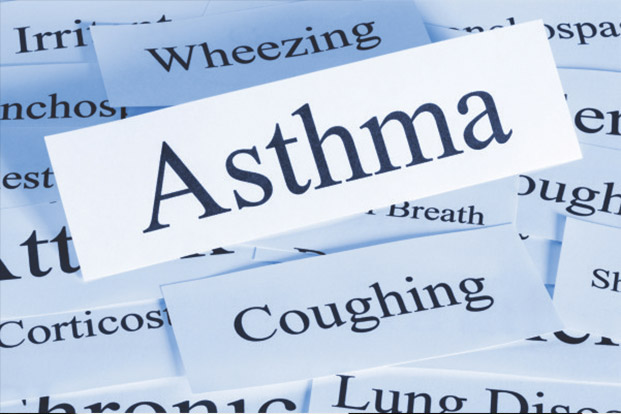Dealing with the Increased Risk of Asthma in Winters
Apr 19, 2022
As the temperatures go down, we see a spurt in ailments that are driven by cold temperatures. The incidence of cold and flu rise, people experience flare ups in arthritic conditions and disorders of the respiratory system also witness a rise.
Asthma is one such condition whose patients dread the dipping temperatures as it makes them more susceptible to asthmatic attacks. Exposure to cold is a major trigger in some people; at the same time other factors combine to increase the risk of asthmatic attacks which occur when your airways get irritated or clogged due to mucus.
Causes:

Asthma attacks like allergic reactions are driven by triggers. Different people may be weak towards different triggers. There are several conditions that drive asthma attacks in winters:
- Icy cold winds can be harsh to respiratory systems that are susceptible to allergies. It is inevitable to step out of the house. No matter how much you cover yourself up, the winter chill is hard to escape. When you inhale cold air, it goes directly into your lungs and is enough to trigger a reaction.
- The cold forces most people to stay indoors as much as possible. However, interiors of the homes are places where allergic triggers like molds, pet dander, dust mites thrive. When indoors, you are bound to inhale these irritants.
- Cold and flu is common in winter and once it catches you it makes your respiratory system more prone to other ailments.
- Often, we are not so particular about cleaning dust from our homes in winters as much we are in summers. The carpets may catch dust, the mattresses too may become dusty. Dust is, as we know, one of the major triggers.
- Another problem with winters is smog. When dense fog meets the city’s heavy pollution, it creates a blanket of smog all around. This can be a major irritant for the respiratory system.
Asthma is a disease affecting the airways or tubes that carry air to and from your lungs. In asthmatic patients, these airways become narrow due to inflammation on the inside walls. This causes difficulty in breathing and also increases a person’s susceptibility to allergies. Narrow airways mean discomfort in breathing and chest tightness, as well as coughing. Wheezing is another common sign of asthma.
Pollutants like sulfur dioxide, nitrogen oxide, cold temperatures, and high humidity are all known to trigger asthma in different individuals.
What to do:
- Cover Your Nose: While we take all precautions to cover up our bodies, wearing coats, caps and mufflers, we do not realize that the cold air enters our lungs through our nose as we breathe. For patients of asthma, it is very important to cover their noses when they step out in the cold.
- Keep House Allergen Free: Make sure your carpets and mattresses are cleaned and dust free. Use mite proof covers to prevent contact. Also keep the house clean and dry to prevent molds from growing. Run the exhaust fans of your washrooms often to keep it dry and prevent molds from growing.
- Avoid Fireplaces: Fireplaces release pollutants that can block your airways. Strictly avoid fireplaces and use room heaters and blowers instead.
- Prevent Infections: Winters virals cause dangerous strains of cold and flu. You should follow a strict personal hygiene to prevent infections. Wash your hands thoroughly every time you enter home; give up the habit of touching your face all the time with your hands; though it sound abominable but restrict shaking hands as this is a primary way of exchanging viruses. Get a flu vaccination to safeguard yourself from flu that can trigger asthma attacks.
- Boost Immunity: Your preparation should begin before the onset of winters. Consume a lot of vitamin C, fruits and vegetables to boost your immunity against infections.









